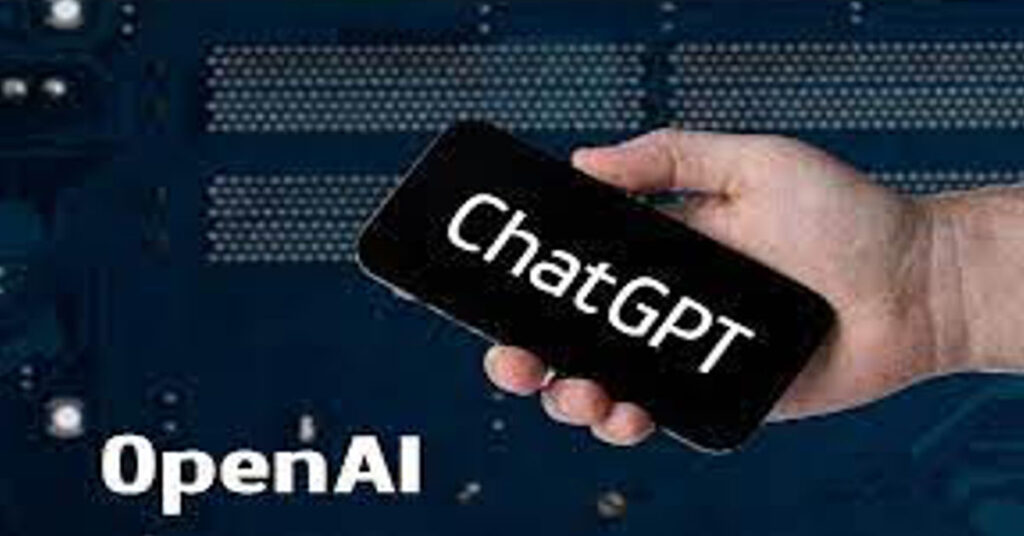
Indian courts have started to explore the integration of AI to enhance legal processes, improve efficiency, and reduce the burden on the judiciary.
Using AI and ChatGPT in legal cases: What Indian courts have said- In recent years, the rapid advancement of Artificial Intelligence (AI) technologies, including AI language models like ChatGPT, has sparked interest across various sectors, including the legal field. Indian courts have started to explore the integration of AI to enhance legal processes, improve efficiency, and reduce the burden on the judiciary.
One of the pioneering steps in this direction came from the Punjab and Haryana High Court. Which acknowledged the potential of AI in legal research and documentation. In a landmark initiative during 2021, the court introduced an AI-powered legal research assistance tool to aid judges and lawyers in legal research. This tool helps scour vast legal databases, enabling quicker and more accurate identification of relevant case laws and precedents.
Furthermore, in 2022, the Supreme Court of India initiated a pilot project leveraging AI to transcribe court proceedings in real-time. With a multilingual nation like India, real-time transcription can bridge language barriers and ensure more transparent and efficient justice delivery. AI tools are being evaluated for their ability to provide consistent and unbiased assistance compared to manual transcription.
However, there are concerns regarding AI’s application in legal settings. The judiciary has emphasized the importance of ethical considerations, privacy, and data security in deploying AI tools. Additionally, AI’s role is viewed primarily as assistive rather than authoritative. The Chief Justice of India has reiterated that AI should assist rather than replace human judgment. Underscoring that legal decisions should always rest with human judges.
Moreover, while AI can augment research and documentation, the technology’s interpretive limitations must be acknowledged. Indian courts have stressed that AI lacks the nuanced understanding of human contexts, ethics, and societal norms which judges bring to their role.
Balancing Technology and Human Oversight
As Indian courts continue to innovate, the dialogue around AI. Including models like ChatGPT, highlights a balanced approach: leveraging technology to aid judicial processes while maintaining human oversight and ethical standards. This evolving landscape promises more efficiency and accessibility in India’s justice system. Reflecting a cautious yet progressive embrace of AI in legal practice.
